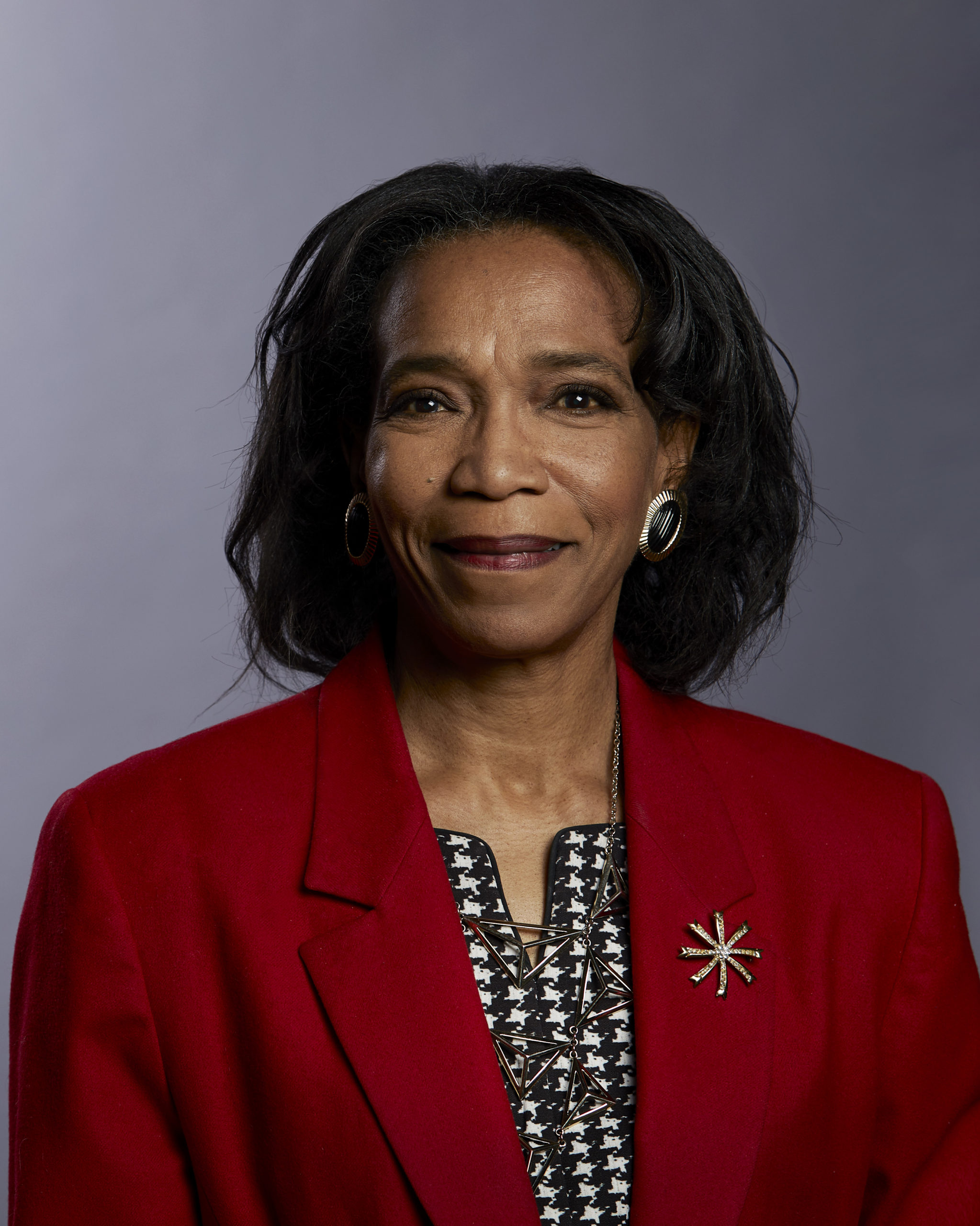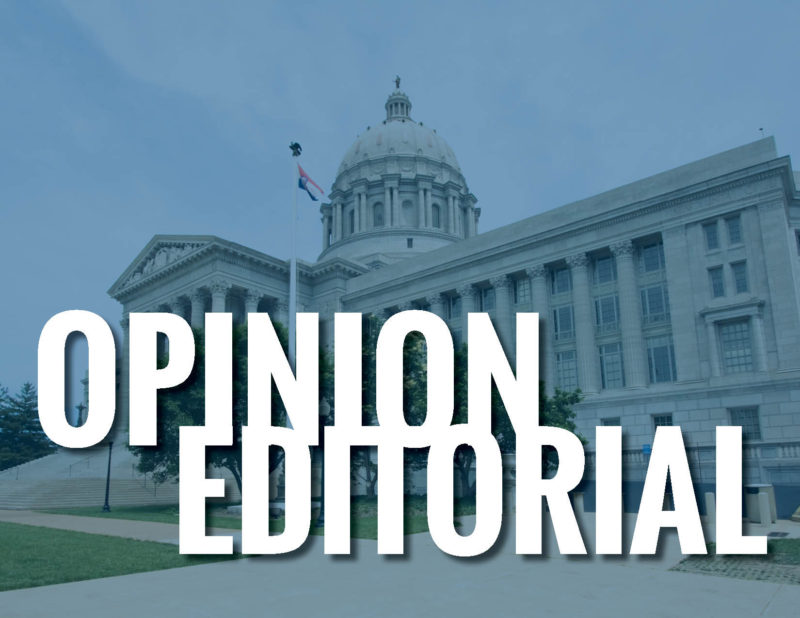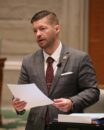I read the op-ed written by my opponent, Bill Hardwick, “Freedom is our chief advantage in the fight against COVID-19.” It expresses his more libertarian-leaning opinion of Missouri’s stay at home order. I’ve known Bill since he was a teen, and he has my utmost respect. He is a smart, Godly young man, and I call him a friend. Having said that, his arguments significantly miss the mark regarding sound economic theory, responsible governance, and basic theology.
His op-ed criticizes the use of government stay at home action to reduce the spread of the disease. He poses the simple economic theory that individuals and individual businesses are best positioned to assess their own risks and weigh the rewards of economic activity. He argues that the actions of each individual will produce the greatest good for all of us collectively.

Sounds simple enough, but what happens when the true costs of a transaction don’t fall on the parties making the decisions? What happens when the bulk of the costs are actually paid by other people? This economic theory — not addressed by my opponent — is called a “negative externality.” Negative externalities happen when a business transaction causes harm to uninvolved third parties. COVID-19 infection risk is a negative externality — a price we all pay for other people’s bad economic decisions.
This failure of decision-making was highlighted most poignantly by another story published on the same date, titled “Recent COVID-19 patient in Greene County worked while sick, 65 workers under quarantine.” The economic decisions of this individual shifted the cost of their actions to 64 other individuals, the families of those employees, and everyone who came into contact with any of those 65 employees during the time that they were infectious. One person’s economic freedom, in theory, could negatively impact hundreds of us, as it already has in so many places across the country.
Freedom is not free when others are forced to pay the price.
I know people who have paid this price with their lives — people like Al, my friend from Henry County; or Donna, my cousin’s mother-in-law; or my friend Mary, the nurse from St Louis, or…
Correctly assessing costs and stopping businesses from passing them on to others is an essential role of sound government. It’s the theory of government that tells businesses they can’t increase profits by dumping waste into the waters we drink or pumping deadly carcinogens into the air we breathe. Government has a proper role in limiting the ability of any business to pass its costs onto the public. Limiting the ability of any business or person to engage in behavior that harms others is a primary governmental function.
Salus populi suprema lex esto
It’s the Missouri State Motto. It means “Let the [safety, health, welfare] of the people be the supreme law” and is the first responsibility of Missouri government. Perhaps as the stay at home order protestors gather in Jefferson City this Tuesday, they will glance up at the South Portico. These words are etched in the very building that houses our state government.
There will be a time to reopen the economy. Once we have passed the apex of the outbreak here in the state and have widespread availability for COVID-19 testing in every community, we can begin the phased reopening of businesses. At two-week intervals, we should begin with very small service businesses, then small manufacturing companies, medium-sized industries, and, finally, large corporate concerns. The two-week interval should allow us to monitor for spikes in the disease and respond appropriately. This is a sound government strategy that reopens the economy and protects the people of Missouri.
A wise politician would leave this argument here at the intersection of divergent governing philosophies. But this is not merely an economic or governance difference; it is a profoundly moral issue. I cannot ignore it. I am forced to speak to the issue in my most basic language — Jesus Christ.
What we do in this season defines who we are. As Christians, we do not endanger the lives of others in order to satisfy our economic interests. Full stop.
I am a candidate for the HD 122 in Pulaski County. Affixed to the front of our courthouse are the words, “In God We Trust.” We need to decide if these words represent decorative words or identification of who we have decided to be. Do we trust God enough to do what is right, protect our neighbors, and trust God to heal, restore, and provide for our needs? Or do we insist on our own rights to the detriment and death of those around us?
Who are we?
In the greater scheme of things, this is the most important question. Am I angry that both Missouri state and Pulaski County governments issued stay at home suggestions? Of course not. It was an appropriate and responsible act intended to support, protect, and defend the safety of our citizens.
Am I embarrassed that in a county with over 135 Christian churches, that government had to order Christians to protect their neighbors? Yes. Surely those of us who serve a God willing to lay down His life for us can temporarily lay down certain business pursuits so that others may live.
Not everything that we have a right to do is the right thing to do.
EDITOR’S NOTE: For up-to-date information on coronavirus, check with the CDC and DHSS.

Yvonne Reeves-Chong is the Democratic candidate for HD 122.






